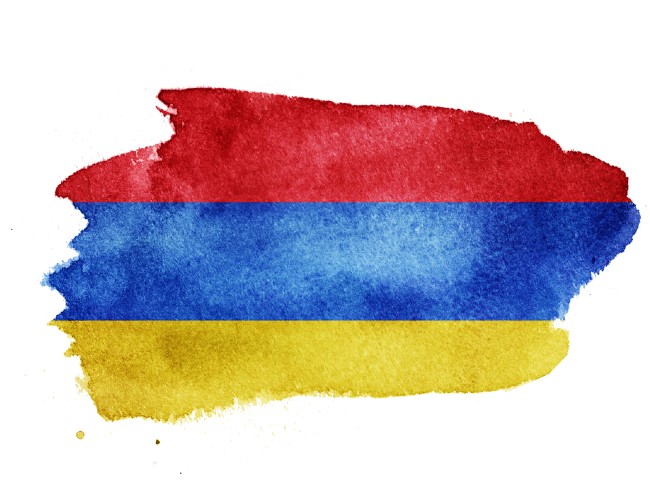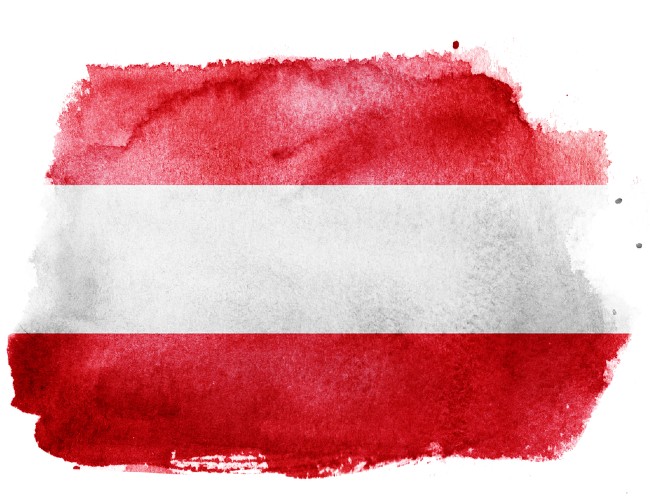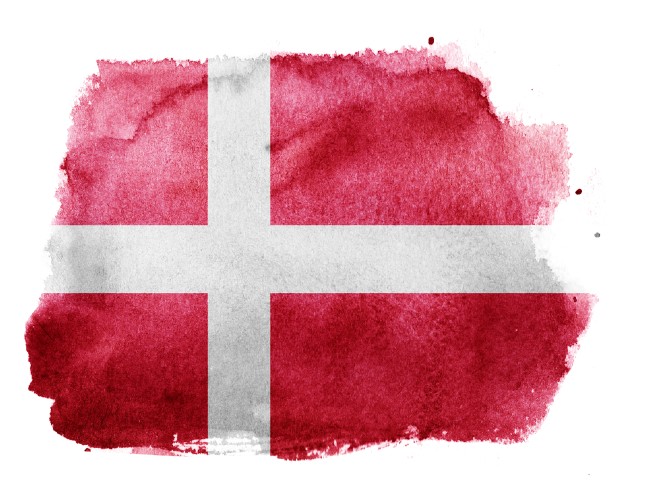What is the Eurovision Song Contest?
Started way back in 1956 as a way of drawing a fractured Europe back together with the healing power of music, the Eurovision Song Contest, or Concours Eurovision de la Chanson – the contest is telecast in both English and French – is open to all active members of the European Broadcasting Union, which oversees the competition.
Each country is permitted to submit one three-minute song to the contest – a song which is selected by a variety of means, usually a winner-takes-all competition such as Sweden’s renowned Melodifestivalen – which their selected entrant performs in one of two semi-finals in the hopes of making it to the glittering grand final.
Only six countries have direct entry into the grand final
- The Big Five who fund most of the contest – UK, Germany, France, Italy and Spain
- The host country (which is the winner of the previous year’s contest); this year that country is Switzerland.
The winner is chosen by a 50/50 mix of viewer votes (you cannot vote for your own country) and a jury of music industry professionals in each country, a method which was chosen to counter the alleged skewing of votes based on political and/or cultural lines when voting was purely the preserve of viewers at home. (This mix applies only to the grand final; voting in the semi finals is purely by popular vote with no jury involvement.)
Past winners include, of course, ABBA in 1974 with “Waterloo” and Celine Dion who won for Switzerland in 1988 with “Ne partez pas sans moi”.Above all though, the Eurovision Song Contest is bright, over the top and deliciously camp, a celebration of music, inclusiveness and togetherness that draws annual viewing figures in the hundreds of millions.
This year’s event
The grand final of the Eurovision Song Contest 2025, continuing the theme of “United by Music”, will take place in St. Jakobshalle, Basel, on Saturday 17 May with semi-finals on Tuesday 13 and Thursday 15 May. The 69th Eurovision Song Contest grand final will be hosted by Hazel Brugger, Michelle Hunziker and Sandra Studer while Brugger and Studer will host the semi-finals. Swiss broadcaster SRG SSR will host the event, together with the European Broadcasting Union (EBU), will organise the Contest thanks to Nemo’s historic win in Malmö in 2024.
THE ARTIST
Life is short, far too short, for the use of full names when you’re a professional musician and so Armenian singer-songwriter Pargev Vardanian is known to fans simply as PARG (and yes, the caps maketh the mononymous stage name).
Born in Armenia in the mid-nineties, PARG grew up in Volgograd, Russia where he obtained a degree in Theater [sic] Arts & Acting from the Volgograd State Institute of Theater and Cinema.
Not content with simply studying, the musically industrious artist also co-founded a band called The Edge Chronicles which did some nice business in Armenia, Russia, Georgia and Ukraine from 2017 to 2019.
Fast-forward to 2022, and PARG, known, says his official Eurovision bio, for “blending traditional Armenian elements with modern soundscapes” and for being “a genre-bending force, constantly reinventing himself through folk, electronic and alternative sounds”, is back in his homeland becoming quite the force in modern Armenian pop.
Having won the Depi Evratesil 2025, which selects Armenia’s entrant for Eurovision, PARG now stands ready to take his groundbreaking sounds to all of Europe, and indeed the world, but will they want to listen?
(courtesy Eurovision.tv (c) VAZGI)
THE SONG
Maybe, maybe not.
While “Survivor” has definite presence, and that insistently beat-heavy chorus earworms the f**k out of your head to an almost annoying degree – yes, you may bounce your head up and down like a metalhead caught in the moment – and it will be a definite live stage hit, its lyrics struggle to sit neatly within its rubust musical framework.
So, while yes, the music has the energy of an unstoppable force that will not be denied, the song as a whole doesn’t quite work, its words and PARG’s pronunciation fighting against the musical tide that the song’s writers, a committee of many which includes the singer, clearly think will do ALL the heavy lifting and win the day.
The thing is, for all the infectious momentum, and it’s there in likeable spades, “Survivor” doesn’t quite make the impact it thinks it will; so, while Armenia could trouble the grand final, especially if its paired with a mesmerisingly expansive stage presentation, don’t look for it to leave any kind of lasting impression.
AUSTRALIA: “Milkshake Man” by Go-Jo
THE ARTIST
Now, it needs to made clear from the get-go, that Australian entrant Go-Jo aka French-Australian singer-songwriter-producer Marty Zambotto, has not earned favour with this reviewer simply because we share the same birthday, or because he’s representing the country of which I am a proud citizen.
I mean, yes, they have influenced things, but at the end of the day, Go-Jo, who somehow slipped under my radar despite some impressive airplay and streaming achievements (his cover of the Goo Goo Dolls’ song “Iris”, notes Wikipedia, has received over 3 million streams on Spotify; he was the 9th most streamed Aussie artist worldwide in 2023), is a mightily talented artist who moves and styles himself every bit as creatively as he sings.
Born in Western Australia, but now resident in Sydney, Go-Jo, who, his Eurovision official bio breathlessly exclaims “can play guitar and unicycle at the same time”, had toured the world including the U.S, Europe and Southeast Asia, sharing the stage “with some of the biggest artists in the world (who are they? His Eurovision bio is intriguingly coy on the subject).
If that’s not enough in the notches of success department, Go-Jo’s songs “Mrs. Hollywood” has made quite the name for him, with over 60 million digital streams, and one billion views across all platforms.
(courtesy Eurovision.tv (c) Jason Henley)
THE SONG
Look for those numbers to pale into insignificance and fall into the far distance when he performs his irresistibly catchy song, “Milkshake Man” on stage in Basel.
An effervescent song that is all kinds of charmingly upbeat pop, and which makes nifty use of ice cream van sounds, the song goes hard on all kinds of euphemism and while the artist maintains it’s about personal empowerment, you can easily argue it occupies a greyer lyrical area than that.
Complete with a jauntily colourful clip, which should translate nicely to a memorably fun stage performance, the song is all driving epic musical moments and wah-wah danceability which should prove, and is proving pre-contest, to be a huge crowd pleaser.
Sure, there are naysayers dismissing the song scornfully as trite, throwaway pop but that ignores that all good pop can be ephemeral to some extent but it’s what it achieves while its glowing brightly and briefly that matters, and so look for “Milkshake Man” to burn brightly come May this year.
THE ARTIST
In our polyglot digital musical world, crossovers are ubiquitous with artists leaping from genre to genre like musical parkour practitioners, mixing and combining sounds like this reviewer used to mix jelly and ice cream when he was a kid into a delicious desserty soup (don’t knock until you try it).
So, it’s not surprising that JJ, known to his parents and the Austrian government as Johannes Pietsch, is making the leap from the classical world, where is already a name, into the more mainstream sounds of the Eurovision Song Contest.
Born to an an Austrian IT specialist dad and a Filipino cook mum, JJ was born in Austria but raised in Dubai, only returning to Austria in 2016 where he encountered karaoke and opera, a mix which may surprise but which worked wonders for his future musical direction.
While he’s currently performs at the Vienna State Opera and he has “participated in numerous productions, including Die Zauberflöte, Von der Liebe Tod and Tschick” (thank you official Eurovision bio), he really got the public’s attention in two TV musical talents shows – The Voice UK (2020) and Starmania (2021) where he advanced to the final rounds.
But while moving between musical genres has proved fruitful for the artist, will it stand him in good stead for Eurovision?
(courtesy Eurovision.tv (c) Pavla Hartmanová)
THE SONG
Quite possibly, especially given that the betting odds, for whatever they’re worth, seem to have taken quite a shine to him.
But while the song “Wasted Love” is packed to the musical rafters with emotions, all of it channeled through an emotive countertenor voice, which, the official Eurovision bio tells us, “can reach soprano heights”, and it does get up quite a head of electronically-power speed in its final act, the song is actually done a disservice by its delivery.
Trying to straddle two disparate genres was always going to prove tricky and while the song does insinuate itself more emphatically on repeat listens (musical Stockholm Syndrome? Hard to say), it threatens pretty much all the way through to tip into overwrought parody.
It will likely still do well because it will lend itself to a compelling stage presentation that, if properly executed, will elevate a song practically crying out for impressive theatrics, and if he nails the live performance, could even propel Austria to a top five standing and maybe even a win.
Stranger things have happened at Eurovision …
CZECHIA: “Kiss Kiss Goodbye” by ADONXS
THE ARTIST
A Slovak singer know to the government as Adam Pavlovčin, ADONXS (yes, all caps strikes again because, PRESENCE) was once the lead singer of London-based alternative band Pace, as well as working as working as a professional dancer and model (making him a triple threat with a lot of irons in the creative fire).
Rising to fame thanks to a TV talent show, SuperStar Czech-Slovakia, in the disruptive pandemic days of 2021, ADONXS has released a debut solo album, Age of ADONXS, and a slew of singles, his sound influenced, notes his official Eurovision bio, by the past and present likes of Queen, Depeche Mode, Elton John, Prince, Troye Sivan and RAYE.
His musical output has not gone unnoticed thank you very much with ADONXS being awarded Album of the Year and Best Male Artist or Best New Artist in Slovakia, his singing prowess burnished by work with renowned opera singer Hana Peckova (could a crossover hit with Austria’s JJ be on the cards?) and obtaining first class honours in his bachelor’s degree in Songwriting and Creative Musicianship at the British and Irish Modern Music Institute in London, United Kingdom.
Having used music to come out to the world at the tender of 18 with the song “Speechless Boy”, is ADONXS primed and ready to achieve even more notice on the stage in Basel?
(courtesy Eurovision.tv (c) David Urban)
THE SONG
Absolutely yes.
His song, “Kiss Kiss Goodbye”, which he co-wrote, has a rugged Western melancholy to it, all moody guitar and breathlessly emotive vocals, infused by lyrics that talk about love gone wrong and its existential impact.
The lyrics and music work beautifully together, giving the song real presence, helped along by a voice that doesn’t just sing the song but which sounds like it’s LIVING it (the pain and loss leak around and through every note to arresting effect).
It’s the sort of song that will lap up an evocative stage performance, an upbeat torch song that could create a real moment in the second semi final and propel Czechia to a grand final berth and a possible top ten placement.
DENMARK: “Hallucination” by Sissal
THE ARTIST
Unsurprisingly, Faroese singer Sissal Jóhanna Norðberg Niclasen, possessed of a gorgeously long full name, has chosen to go down the Cher or Madonna route and use her first name as a mononymous stage name.
Born in Tórshavn, the capital of the Faroe Islands, a self-governing part of the Kingdom of Denmark, Sissal began performing at age 10 in 2005 with the nascent performer rising to public notice the same year when she won the Faroese children’s singing competition Nósa Barnaprix with the song “Summarið er komið”.
Five years later, according to the good folks at Wikipedia, “she won the annual singing competition Ársins Songrødd”, honing her craft, all the while says her official Eurovision bio, “as a musician and live performer”.
A genre breaker inspired by the likes of Nordic electropop artists, Danny and Robyn, Sissal is determined to prove, says her Eurovision bio, “that women can have thriving careers and make music after having children – a concept rarely questioned of men”.
(courtesy Eurovision.tv (c) Lola Paex)
THE SONG
Sissal’s song “Hallucination” could well achieve all kinds of good things for the artist.
Possessed of a sure and instant beat, the song starts off slowly but surely building up a beat that crescendos in the driving upbeat swirl of the chorus.
But while it’s catchy to a degree, it sounds a little dated with awkwardly paced lyrics and a sense of been-there, done-that, got the musical T-shirt, and so while it’s enjoyable enough to listen to, and Sissal definitely has the music chops to bring out home and then some, ultimately the song sounds too much like a lot of Eurovision songs that have gone before it.
It’s a case then of nice enough song but not enough lasting presence which is crucial when you’re in the middle of the performance pack in the second semi final with some really memorable belters following you which could leave a lingering and distant memory come voting time …
Do you want to listen to all 37 songs, or part thereof anyway, competing in this year’s contest? Yes you do …










